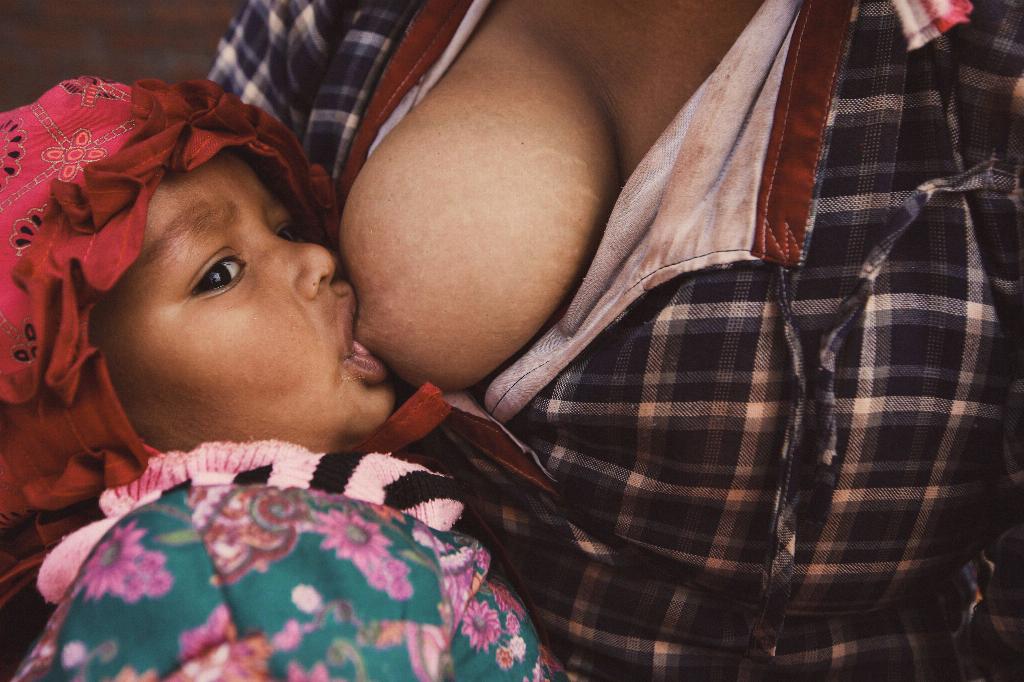Seeing your breastfed baby vomit can be distressing, but it’s important to stay calm and know how to respond effectively. When dealing with a vomiting breastfed baby, one of the key strategies is to reduce the amount per feeding. If your baby vomits once, consider nursing them for half the regular time every 1 to 2 hours. This helps to reduce the likelihood of further vomiting and allows their stomach to settle.
If your breastfed baby vomits more than once, it may be necessary to adjust the nursing schedule further. In this case, try nursing for just 5 minutes every 30 to 60 minutes to minimize the chances of continued vomiting. The goal is to give their digestive system a chance to rest and recover. After about 4 hours without any further vomiting, you can gradually return to their regular nursing routine.
If your breastfed baby continues to vomit despite these adjustments, it might be time to consider switching to pumped breastmilk. Pumped breastmilk can be gentler on your baby’s stomach and may help to alleviate any underlying issues that are causing the vomiting. Be sure to consult with a healthcare provider if the vomiting persists or if you have any concerns about your baby’s health.
Additionally, it’s important to monitor your breastfed baby for signs of dehydration, especially if they are vomiting frequently. Look out for symptoms such as dry mouth, fewer wet diapers, and lethargy. If you suspect that your baby is becoming dehydrated, contact your healthcare provider immediately for guidance on how to manage this.
While it can be tempting to withhold feedings when your breastfed baby is vomiting, it’s crucial to continue providing them with fluids to prevent dehydration. Offer small amounts of breastmilk frequently to keep them hydrated and nourished. If your baby is unable to keep down breastmilk, consult with a healthcare provider for alternative feeding options.
In some cases, the cause of vomiting in breastfed babies may be related to an oversupply of breastmilk or an improper latch during nursing. If you suspect these issues may be contributing to your baby’s vomiting, consider seeking advice from a lactation consultant or breastfeeding specialist. They can provide guidance on how to address these concerns and ensure successful breastfeeding.
It’s crucial to pay attention to any other symptoms or changes in your breastfed baby’s behavior along with vomiting. If you notice persistent vomiting, fever, diarrhea, or signs of distress, it’s essential to seek medical attention promptly. These symptoms may indicate an underlying medical condition that requires intervention from a healthcare professional.
Remember to trust your instincts as a parent and advocate for your baby’s health. If you have any doubts or concerns about your breastfed baby’s vomiting, don’t hesitate to reach out for support. Your healthcare provider is there to offer guidance and assistance in managing your baby’s health and well-being effectively.
Overall, dealing with a breastfed baby who is throwing up can be challenging, but with the right approach and support, you can navigate this situation successfully. By adjusting your nursing routine, monitoring for signs of dehydration, and seeking appropriate medical advice when needed, you can help your baby recover and thrive. Remember that every baby is unique, so it’s essential to tailor your caregiving to meet your baby’s specific needs.

